The Role of Fake IDs in Expanding Networks and Fostering Independence
The Role of Fake IDs in Expanding Networks and Fostering Independence
Social Integration and Belonging. For many young people, especially college students, social integration is a powerful motivator. Fake IDs can allow them access to age-restricted social venues such as bars, concerts, or certain clubs where they can mingle with peers, share experiences, and feel included in a wider social circle. This experience is often less about circumventing regulations and more about gaining access to the core social culture they wish to experience.
Professional Networks and Opportunities
In specific industries, professional events such as conferences, networking meetups, or industry-specific lounges sometimes have age restrictions. For those early in their careers, having a fake ID can allow them to attend such events, allowing them to network with professionals and mentors. This can foster meaningful connections and provide exposure to industry insights that may be beneficial to their future careers.
Broadening Cultural Experiences
Some young people see fake IDs as a way to explore cultural events, especially in settings where age restrictions limit access to certain forms of art or entertainment, such as jazz clubs or art events where alcohol is served. By participating in these cultural experiences, individuals can expand their horizons and often develop a greater appreciation for art that may not be accessible in youth-centric spaces.
Bridging the access gap between age-restricted and general audiences
The Ohio fake ID can serve as a tool to bridge the access gap for those who are close to legal age but are often excluded due to a small age difference. This can be seen both in the United States and internationally, where age restrictions vary. Access to these environments, especially if the age gap is small, provides the opportunity to engage with peers, promoting cross-age interactions that are generally socially acceptable.
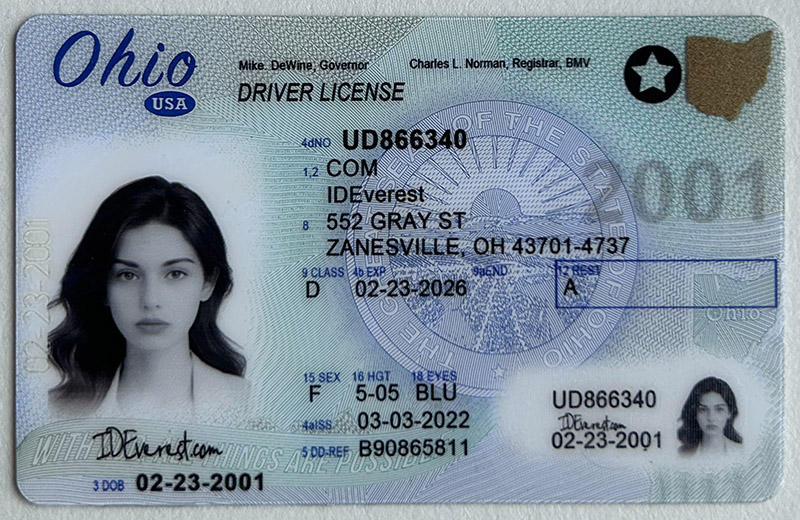
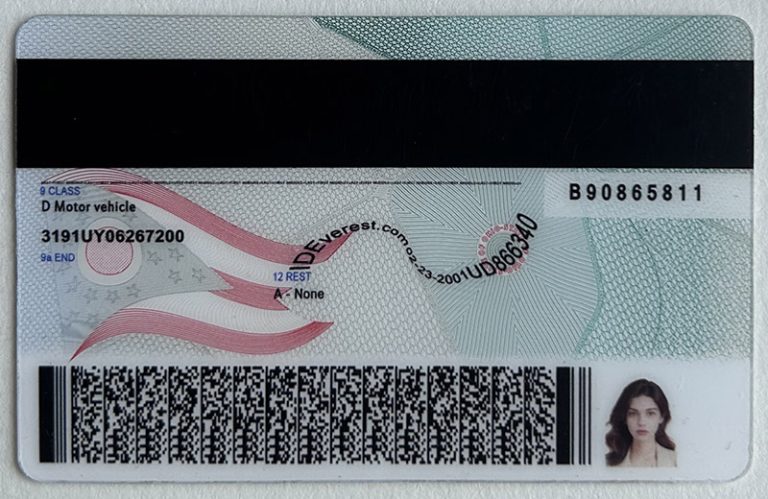
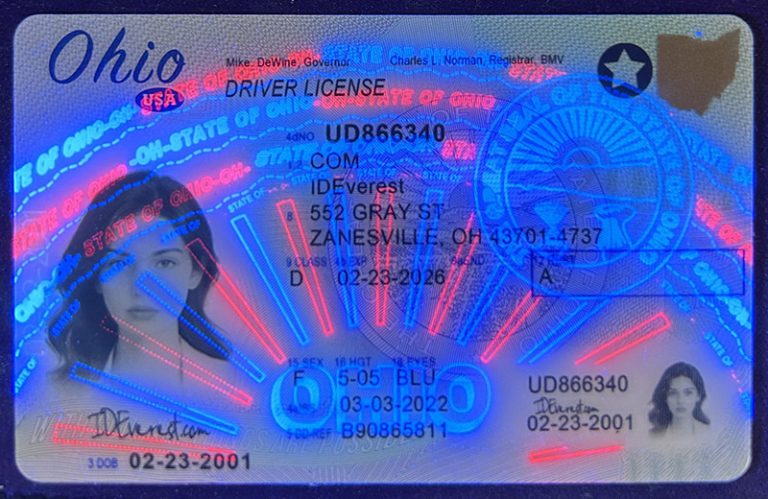
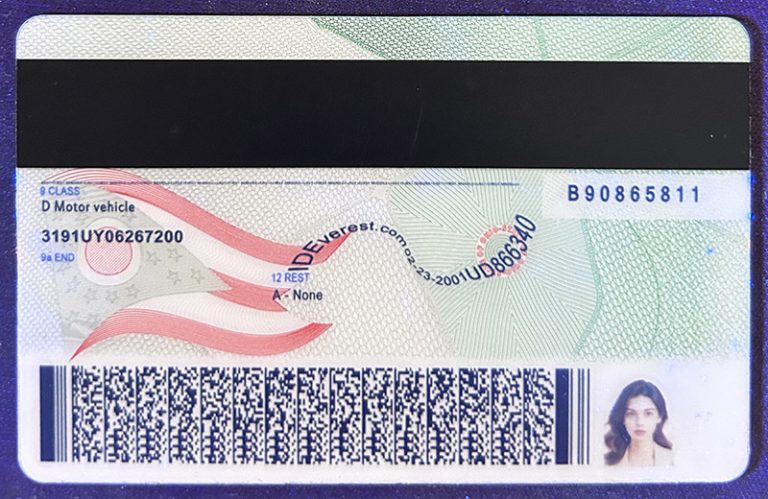
Highlighting the range of social and professional needs
This diversity of motivations suggests that California fake IDs are not only used to circumvent age restrictions, but also reflect broader needs such as social connection, access to industry opportunities, and cultural growth. Each group views fake ID use differently, making it a multifaceted topic that goes beyond simple identification and extends into social and professional realms. This nuance helps understand how fake IDs intersect with young people’s aspirations and social dynamics.
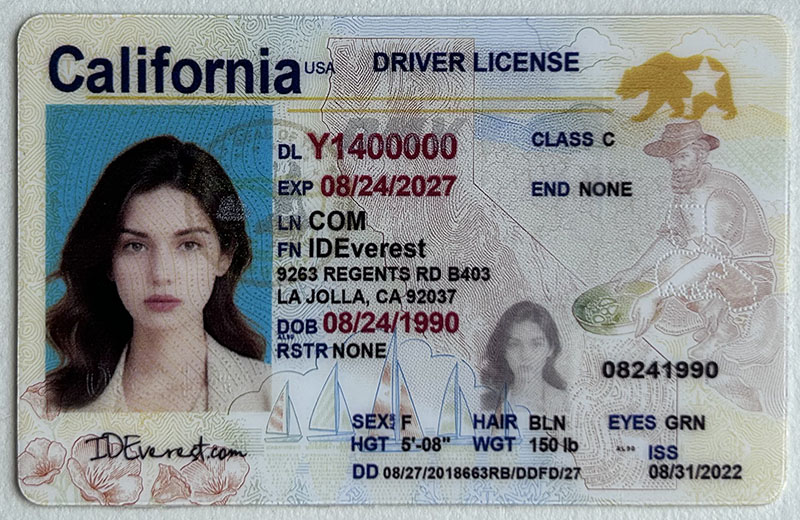
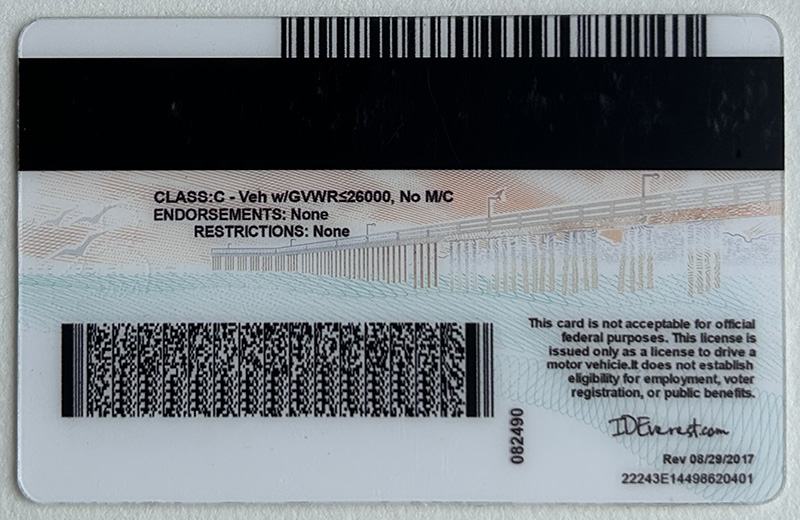
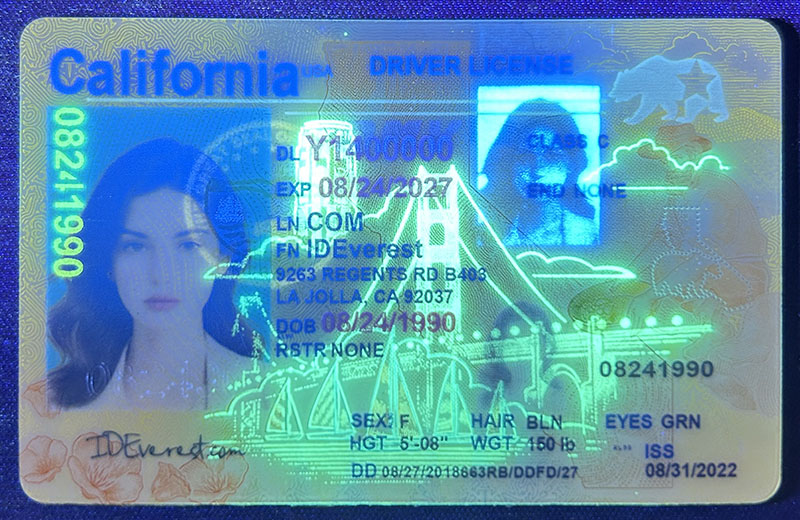
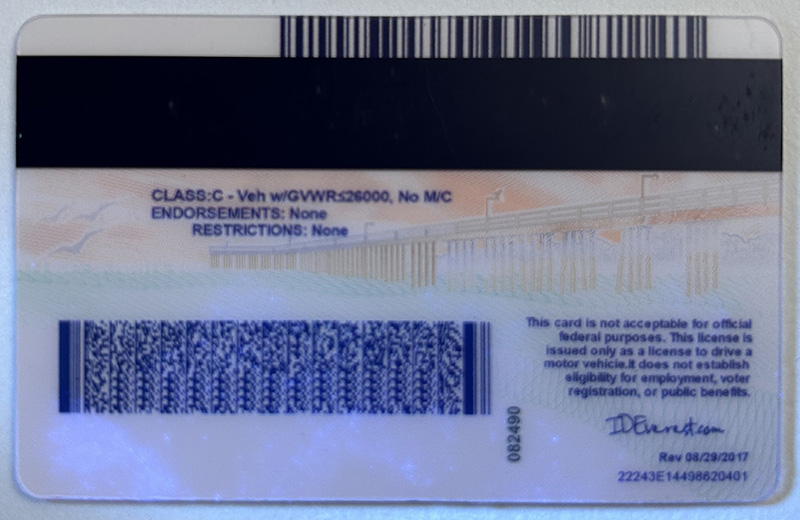
Understanding consequences and considerations
For students, using a Texas fake ID often involves calculated risks, prompting them to carefully weigh potential outcomes. The process of evaluating risks and rewards can promote a thoughtful approach to decision-making, making them more aware of the potential impact of their actions in real-life scenarios.
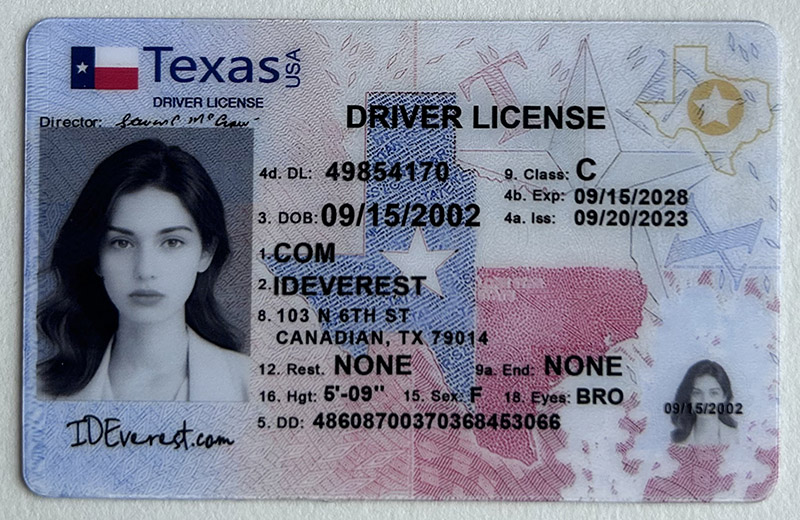
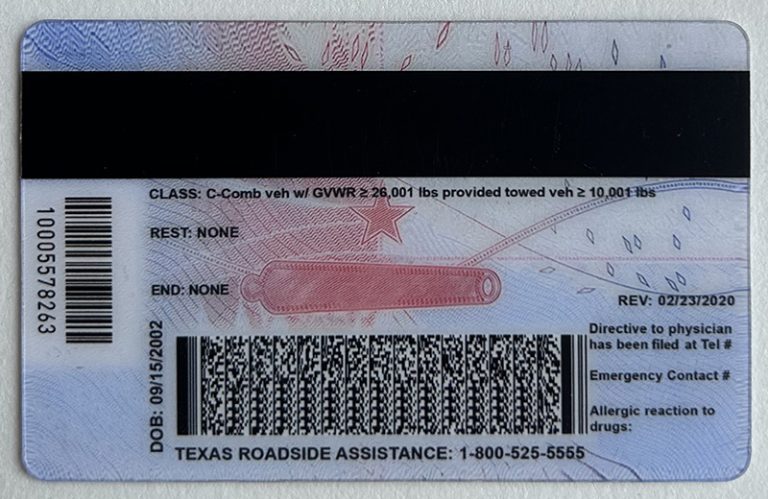
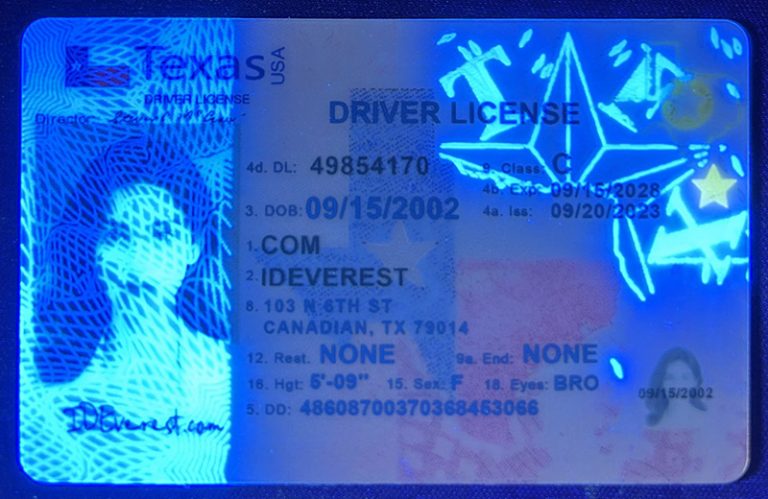
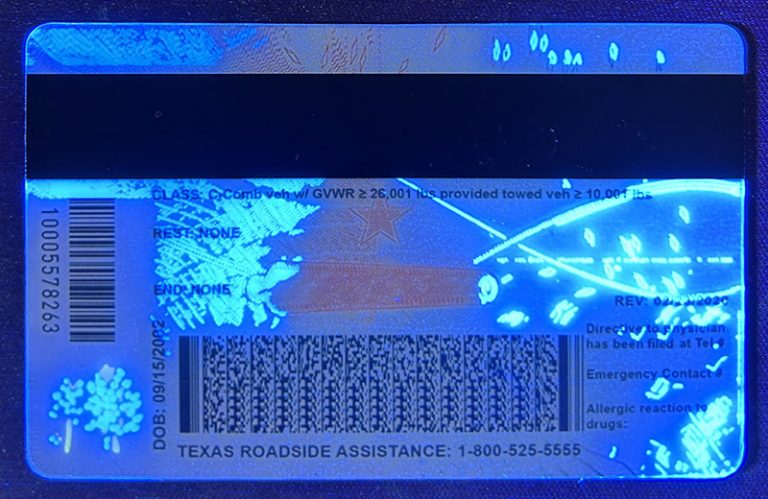
2. Learn about responsibility
By understanding the possible legal and social repercussions, students may develop a stronger sense of responsibility. This early introduction to real-life responsibility can give them an understanding of how actions affect their social image, which may encourage them to act more carefully in the future.
3. Develop social and self-regulatory skills
Situations involving fake ID use often require students to remain calm and demonstrate self-control. For example, they may need to respect authority figures, which can improve their ability to regulate emotions in tense or uncertain situations. This strengthens their self-regulatory abilities, which are valuable skills for navigating adult social dynamics.
4. Develop a practical sense of legal boundaries
By engaging in experiences that navigate gray legal territory, students may develop a more practical understanding of laws and limits. This can help them approach other real-world boundaries with respect and through a nuanced understanding of personal limits and legal guidelines.
5. Learn through shared responsibility with peers
In groups, Connecticut fake ID use often involves collaborative decision-making, with peers holding each other accountable. This shared experience can build social trust and emphasize collective responsibility, teaching students to consider the welfare of their friends as well as their own.
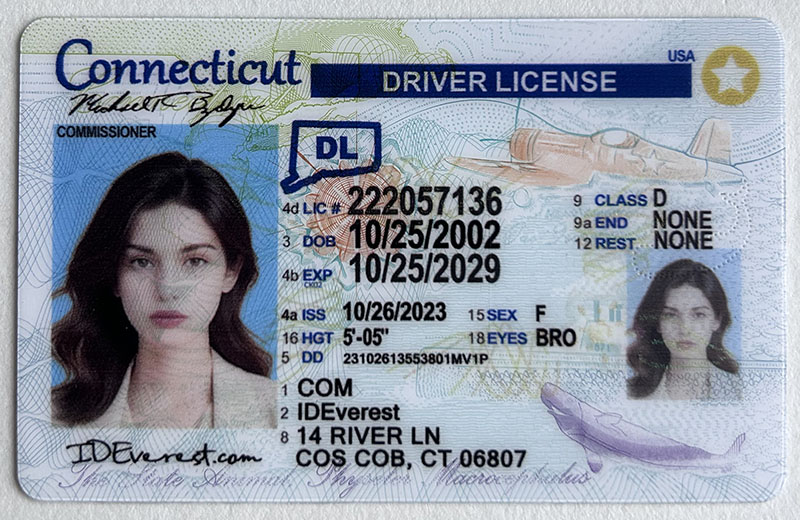
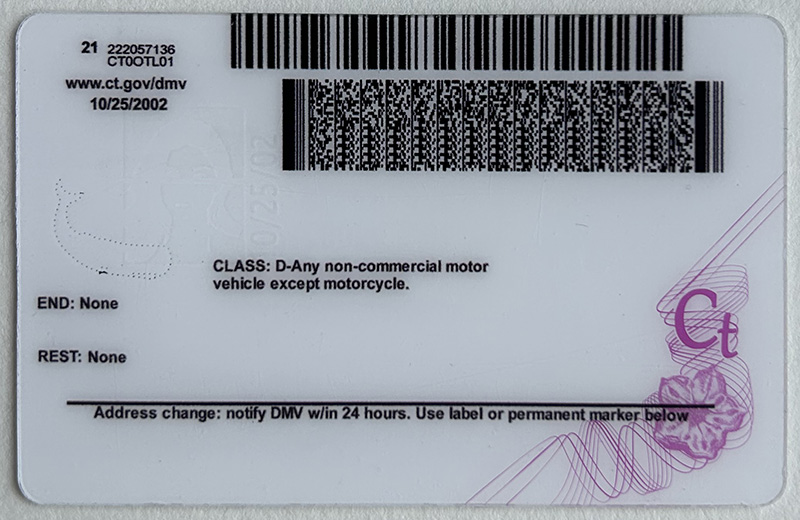
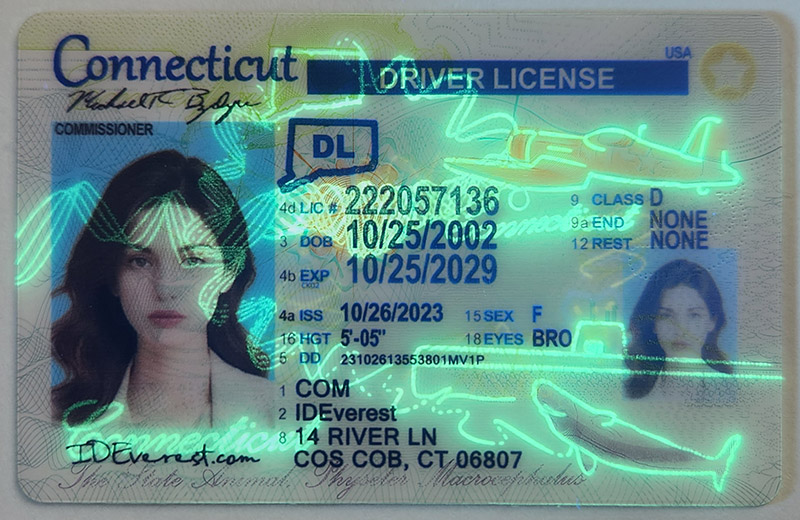
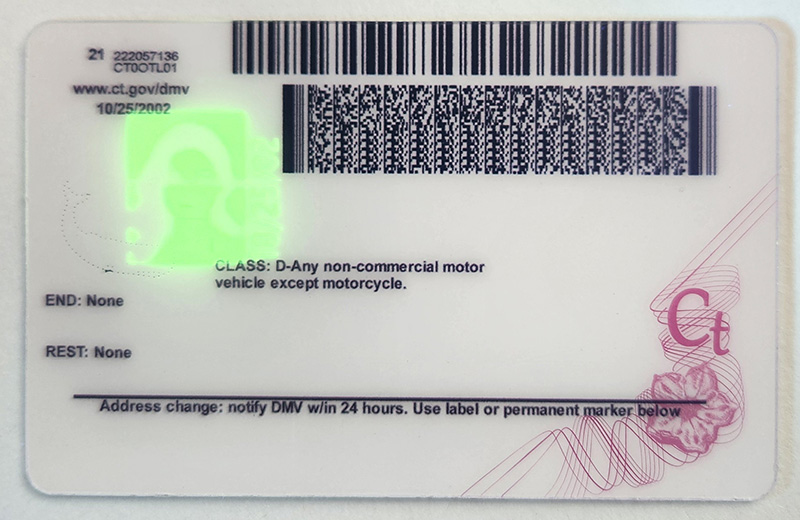
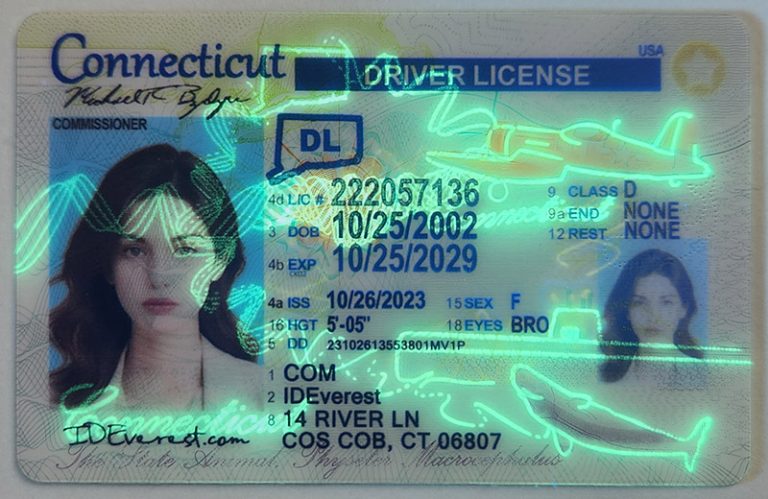
Access to different social environments
Fake IDs often allow entry to age-restricted venues such as bars, clubs, or events where attendees come from a variety of backgrounds and age groups. By interacting with different individuals outside of their usual peer group, students or young people can broaden their understanding of different lifestyles, cultures, and perspectives. This exposure contributes to personal growth and a more well-rounded worldview.
2. Enhanced Social Opportunities
For those seeking career advancement, fake IDs can allow them to attend industry events or professional gatherings that are typically age-restricted. This early access to social opportunities allows young people to network with industry professionals or mentors, laying the foundation for future career paths or internships. Interacting with people outside of their own social circles builds social skills that can be a great boon to their careers.
3. Develop Social Confidence
By entering spaces typically reserved for older adults, young people often gain social confidence as they learn how to survive in adult social environments. This can enhance their ability to engage in conversations, meet new people, and stay connected in the wider community. This experience helps them build comfort in different social settings, which can be a valuable asset both personally and professionally.
4. Learn from new perspectives
By interacting with people of different ages, backgrounds, and career experiences, young people using fake IDs can gain insight into life stages and opportunities outside of their current scope. These interactions can foster empathy, maturity, and a deeper understanding of different careers and life paths, enriching their personal development.
5. Develop a sense of independence
As young people begin to see themselves in a wider social context, interacting with a wider social group can foster a sense of independence. This experience helps them step out of their comfort zone, explore their identity, and build a sense of autonomy and self-worth, which is beneficial for personal growth.
In summary, fake IDs can be a stepping stone into a wider social network, providing opportunities to connect with different groups and gain social and interpersonal skills, which can benefit young people in both their personal and professional lives.
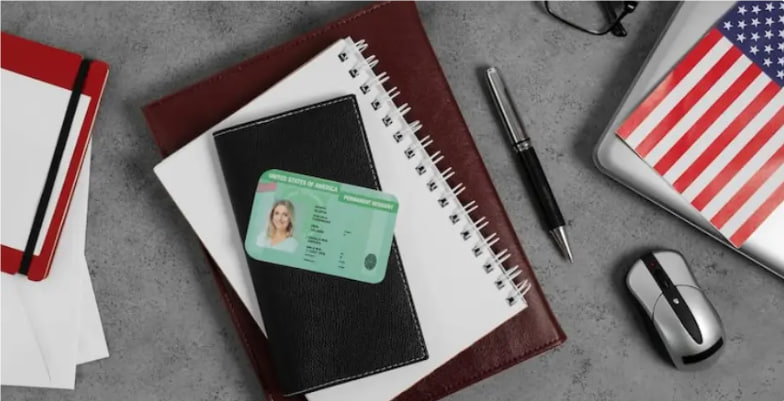 Importance of Scannable Driver
Importance of Scannable Driver
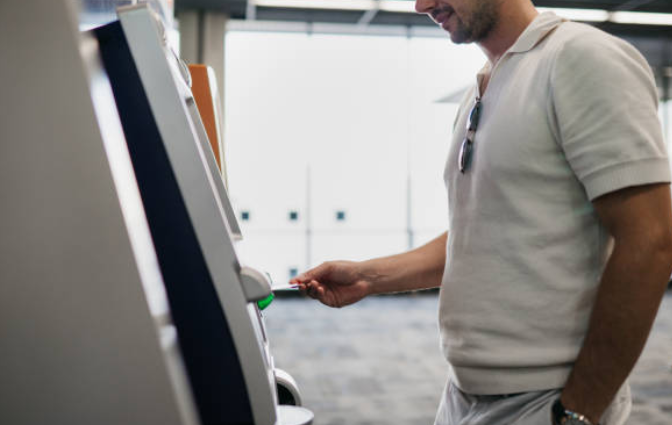 Navigating the Modern World wi
Navigating the Modern World wi
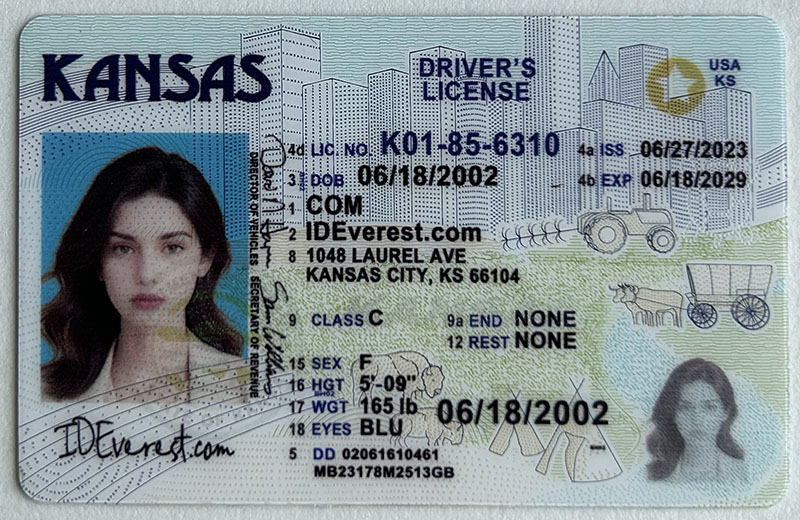 What can the Kansas Scannable
What can the Kansas Scannable
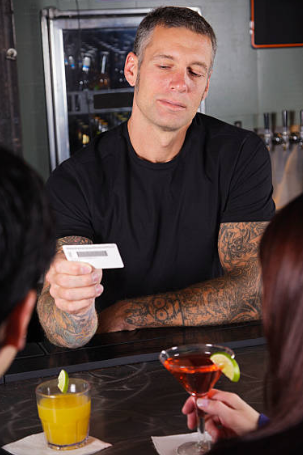 Understanding Fake IDs: What T
Understanding Fake IDs: What T